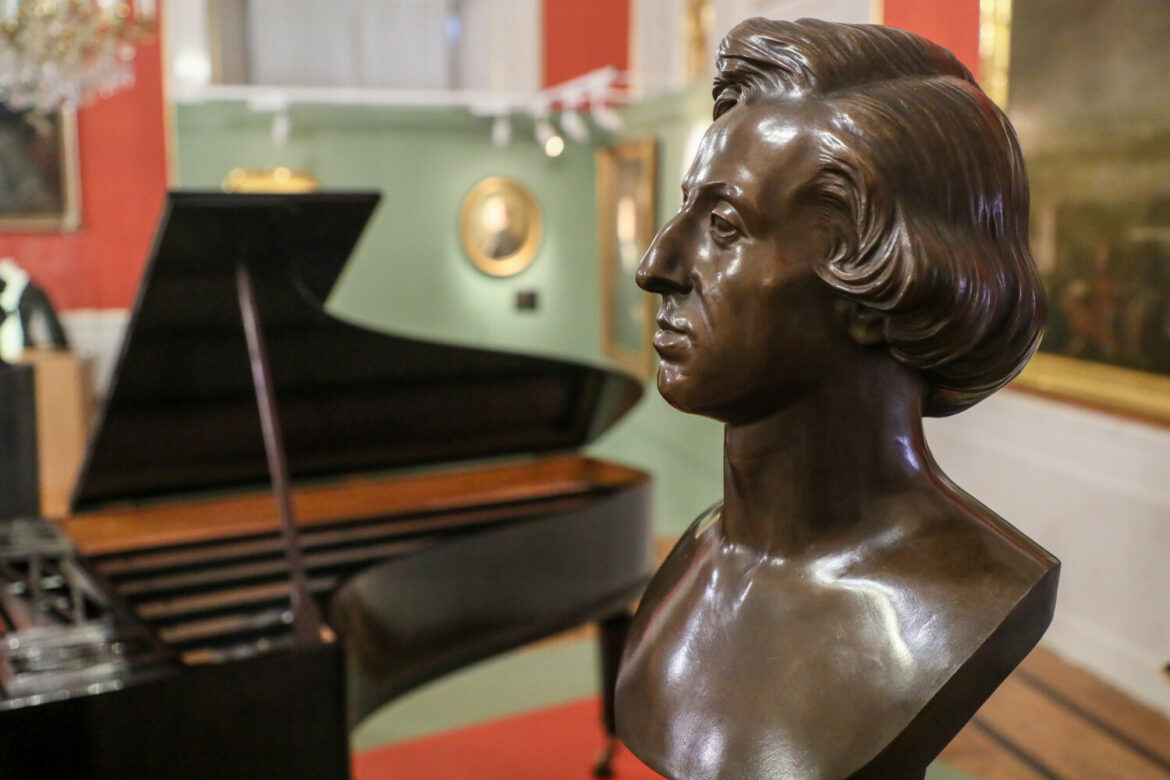On the initiative of the Frederic Chopin National Institute, the remains of the Polish composer’s family have been exhumed. Dr Łukasz Szleszkowski and Agata Thannhäuser from the Department of Forensic Medicine at Wrocław Medical University took part in the work, which is intended to help answer the question of what Chopin suffered and died from.
Although Frederic Chopin died over 170 years ago, the cause of his death has not been officially confirmed and is still of interest to researchers. Pulmonary tuberculosis was considered to be the composer’s cause of death. In addition, the autopsy revealed significant structural changes in his heart, which could indicate tuberculous pericarditis, which led to cardiopulmonary failure and death.
The composer’s heart is in the Basilica of the Holy Cross in Krakowskie Przedmieście, the parish of the Chopin family. In April 2014, a group of scientists had the opportunity to view the organ preserved in a sealed crystal jar of alcohol.
On the basis of macroscopic examinations, the experts made an analysis, the results of which were described in the pages of the American Journal of Medicine. Although the anatomical changes observed seem to confirm the cause of the composer’s death indicated years ago, researchers are still troubled by the questions of what diseases troubled the composer.
The answer may lie in genetic studies of material from the graves of Frederic Chopin’s parents (Mikołaj and Tekla Justyna, née Krzyżanowska) and youngest sister Emilia.
“The aim of the collection of genetic material and the planned studies of deceased members of the Chopin family is to establish the possible illnesses of the family on the basis of the genetic material, to confirm the cause of Emilia’s death, and thus to clarify the still open question concerning the ailment and cause of death of Frederic Chopin himself. Such research will be a partial fulfilment of the composer’s own wishes, who, according to witnesses, wished for an explanation of the ailments accompanying him throughout his life”, informs the Frederic Chopin Institute.
Arkadiusz Słomczyński





